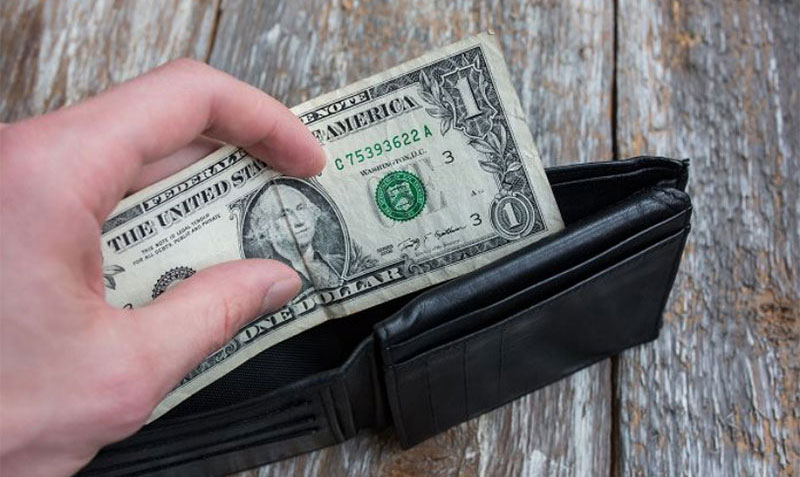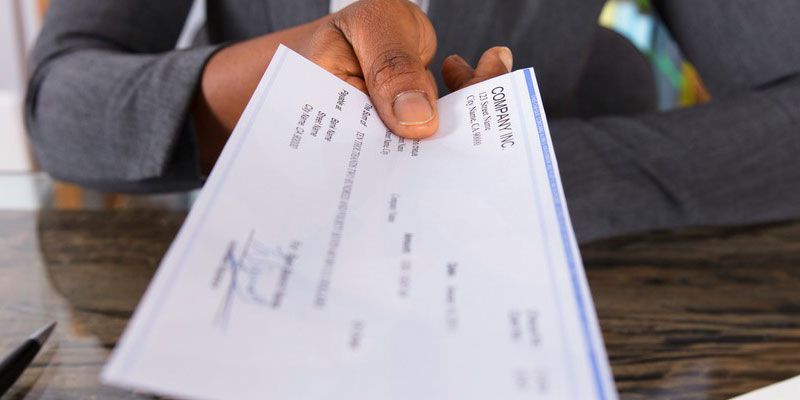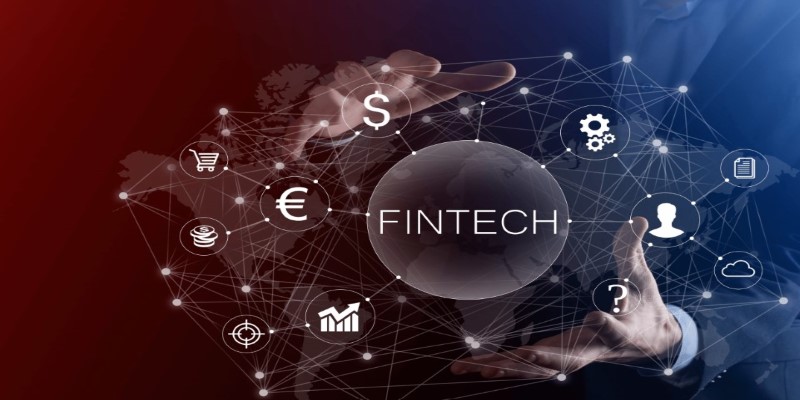Credit is the currency of the modern world. You can save money on insurance and loans and have more options when renting an apartment or choosing a cell phone plan, even if you prefer paying with cash.
The ability to pay with a credit card is useful in case of an unexpected expense and is required for booking most vacations today. And when you have a credit card or loan in your name, the credit reporting agencies will get updates on how you use that credit. In time, the agencies will compile enough information to assign you a credit score based on the information in your credit report.
When And Where May You Use A "Ghost" Credit Card?

One-time-use credit cards, sometimes known as "ghost cards," provide businesses with additional cost management controls and fraud protection. Companies are always on the lookout for new payment methods that will aid in the detection and prevention of fraudulent transactions, the enhancement of expense tracking, and automate all payment kinds within a unified payment process. An alternative that can help firms reap these benefits is a "ghost" credit card.
According to Statista, there are around 1,041 million credit cards in use in the United States, and Americans collectively carry a balance of approximately $0.83 trillion in credit card debt. Now that payment cards have EMV chips for increased security, and more fraud is being committed online than ever before. Online fraud contributed significantly to the $16.8 billion in losses experienced by consumers in the United States in 2017, as reported by Javelin Research.
Who Are Credit Ghosts And "Unscored"?

A study published in 2019 by Equifax, a credit reporting agency, found that over 91.5 million people in the United States either need a credit file or need more information in their files to compute a typical credit score.
Credit Invisibles, sometimes known as credit ghosts, are people who do not have a credit history with any of the three major credit bureaus in the United States. Customers who are "unscored" have a credit file, but there is either insufficient or outdated information to generate a credit score. Things like:
Beginner-level young adults.
People who no longer use credit, such as retirees who have paid off their homes and cars or those who choose to use cash instead.
Expats who left their U.S. credit accounts dormant.
Establish Your Creditworthiness.
Applying for credit might be challenging for those with little experience doing so.
But You May Start Building Credit:
To become an authorized user on someone else's credit card, you should approach a trusted family member or close friend with a solid payment history. Ensure that at least one of the major credit bureaus receives information about authorized users' account activity from the issuer. Depending on the state of your credit, that could be enough to initiate a file.
Prepaid Debit Card:
Credit cards with a deposit and yearly fees are easier to approve since the deposit lessens the risk to the lender. Get one and use it as a stepping stone to a regular card.
Bad-Credit Loans:
You borrow cash but only get it once you've paid back the loan. A good credit score starts with a history of on-time and complete payments. Recent innovations in the credit-building landscape include reporting rental payments and the use of score-raising software like Experian Boost and UltraFICO.
Low Credit Score? Learn To Be Scored
A FICO score requires recent (within the last six months) account activity on at least one credit account. VantageScore, one of its rivals, keeps track of activity for a full year. Build your credit score by making minimal purchases and making all your payments on time if you have a credit card but no payment history. You can build credit without making any purchases. Avoid paying interest by making complete monthly payments.
What Benefits Of Phantom Credit Cards?
There are several benefits for businesses when using ghost credit cards. Ghost cards allow many workers to reap the benefits of a p-card program without raising the security concerns of issuing physical cards to each worker. Reducing the number of invoices from high-volume vendors is one way the cards help save money on that task.
Ghost Credit Cards Vs. Ghost Debit Cards.
Perhaps a more practical substitute is a "ghost debit card," which operates similarly to a virtual debit card but is not a card at all. Costs incurred from using a phantom debit card and then being charged back to a department will be deducted from your high-balance deposit account rather than your available credit. This means that you won't be adding to the company's debt by using company funds but rather using your funds.











